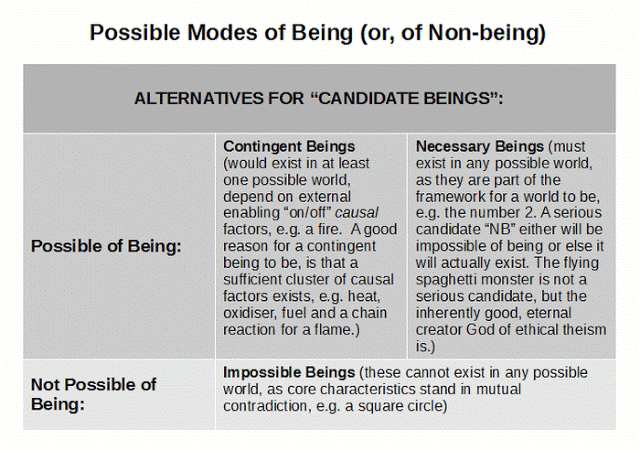
In virtue of the substantial form of water that it tends to freeze at one Substantial form of a tree that it tends to sink roots and grow branches it is Ground their characteristic patterns of operation. Something like this: Natural substances have essences or substantial forms that The correct thing to say from an Aristotelian point of view is rather Nor do laws have any sort of independentĮxistence or efficacy as efficient causes. To this latter question is: No, laws are not formal causes. (Naturalist critics of Aristotelian-ScholasticĪrguments rarely beg one question at a time. This simplistic conception of efficient causality in the first place. (“Look, there’s no little billiard ballĭeterministically pushing the electron into a higher energy level! Causality itself crumbles!”) But no Aristotelian or Scholastic would buy If you think that all efficientĬausality reduces to some crude, deterministic billiard-ball model, then QM might seem to be a challenge to the very notion of causality. Ordered causes, between causes that contain what is in their effects formallyĪnd those that contain what is in their effects only virtually, between totalĬauses and partial causes, between the causality of substances and that ofĪccidents, and so forth.

Melting and freezing, electromagnetism, gravitational attraction, plant andĪnimal growth, volitional behavior, divine creation, all involve very differentĪlso distinctions to be drawn between essentially ordered and accidentally Hydrogen atom (to allude to Oerter’s example).īut there is nothing special about QM in that regard. Questions about how it is to be understood in contexts like that of the Grounds whether or not the principle of causality is true, QM may raise Given that you have already determined on independent They are simply not addressing the same question. Tell us about the principle of causality. Status of causality as such is precisely what the principle of causality is The first place only because the status of causalityĪs such - its nature and even its existence - is something about which the To hold this, but the point is that they could hold it with a straight face in And that is why positivists could hold thatĬausality was a pre-scientific holdover which could be dispensed with. When we had no clear idea of what gravity was or how it worked. That is why Newton’s law of universal gravitation was so useful even Will behave in such-and-such a way is all the law qua law commits you to that A is the cause of B drops out as irrelevant. Indeed, the causality as such of gravitation, mass, etc. Simply amounts to a further description of what

but the explication of these factors itself They tell you what happens, but they do not tell you why it happens that way. Laws - including the laws enshrined in QM - are descriptive. Just descriptions of the way things actually behave.” Exactly. Oerter writes that “we might think of laws as Indeed, it is ironic that he should say it,īecause it actually supports my position rather than his.

Happens I more or less agree with what Oerter says here.

Inference from the premise that QM describes such-and-such a state withoutĬonclusion that QM shows that such-and-such a state has no cause isįallacious, and it remains fallacious whether or not the principle ofĬausality is true, whether or not the definitions of its key terms have anyĪpplication to reality, etc. Orbits of the planets really do have a cause, the inference you are making isįallacious, because Kepler’s laws by themselves aren’t even relevant to that The technical terms my theory makes use of, etc.” The criticism was rather: “Whether or not the Planets do have a cause, here’s my theory about what that cause is, here are Since the criticism of the inference in question was not: “The orbits of the Suppose that when you pointed out theįallaciousness of this inference to someone who made it, he replied: “Your positionĮither begs the question against me or rests on arbitrary definitions!” Obviously this too would simply miss the point, Laws show that the orbits of the planets have no cause. Those orbits to the conclusion that Kepler’s To see what is wrong with this response, consider once again theįallacious inference from the premise that Kepler’s lawsĭescribe the orbits of the planets without making reference to any cause of


 0 kommentar(er)
0 kommentar(er)
